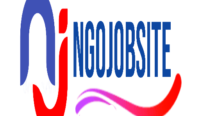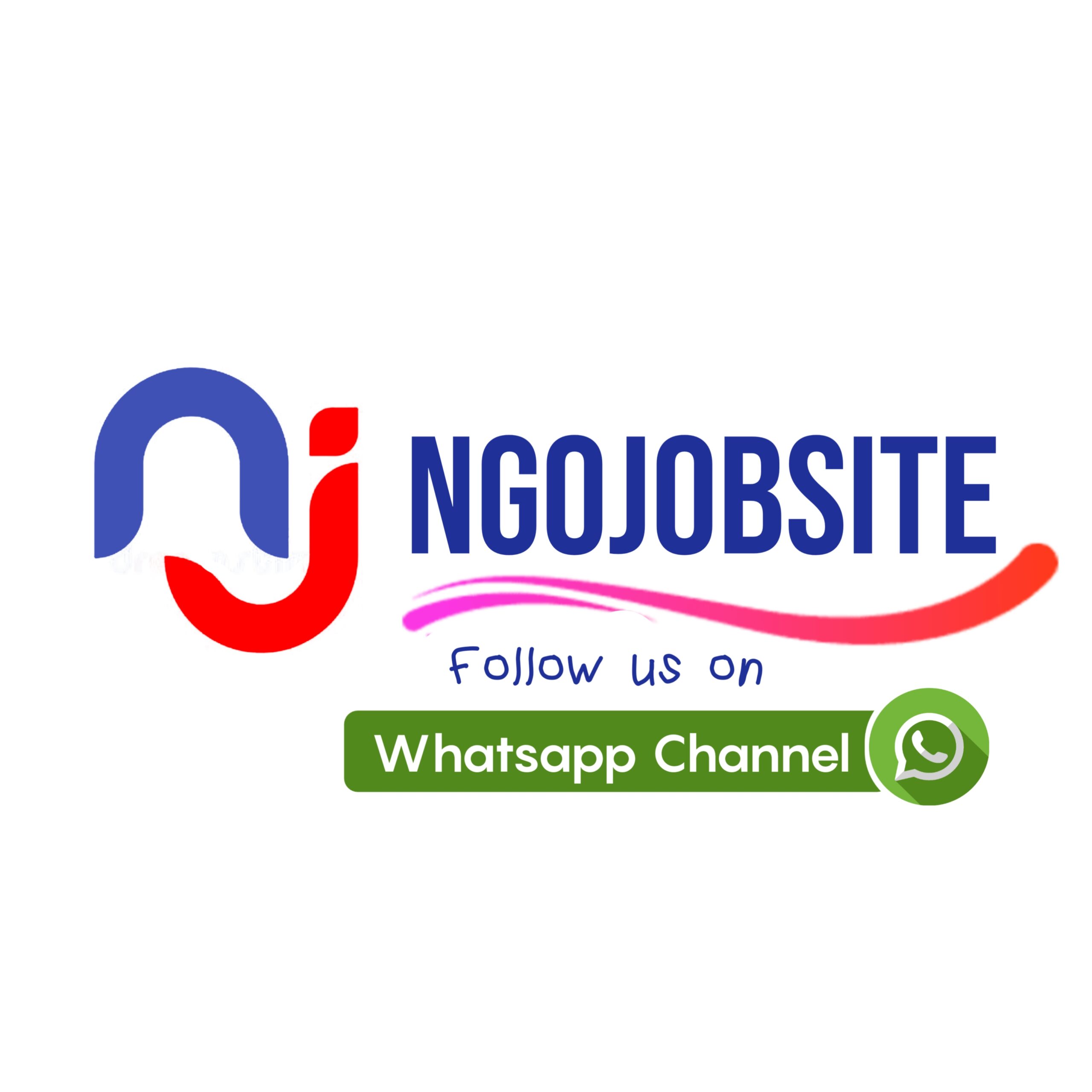
LOCATION:
Nigeria
Priority and preference will be given to organizations with operations and activities supporting internally displaced and/or refugee populations residing in communities within Adamawa, Benue, Borno, Cross-River, Kaduna, Katsina, Sokoto, Yobe, and/or Zamfara states. Organizations working on national-level policy and advocacy for these same groups, based in FCT, may also be considered.
BACKGROUND:
The “Naija IGNITE – Initiative for Granting NGOs (non-government organisations) International Funding and Technical Expertise” project aims to empower local NGOs and CSOs (Civil Society Organizations) in Nigeria to lead on humanitarian response and local development for displaced populations, by increasing their access to unrestricted resources and technical assistance. This will enable them to provide efficient and sustainable aid and services to vulnerable populations and Nigerian.
OBJECTIVES
- Identify local NGOs and CSOs in Nigeria working to support displaced persons in sectors complementary to NRC’s areas of operation (humanitarian) and development sectors.
- Assess the capacity needs of selected local non-governmental organizations (LNGOs) and civil society organizations (CSOs) and develop plans to support the advancement of their core functions and service delivery capabilities.
- Provide flexible funding to LNGOs and CSOs to support the delivery of their self-identified programming priorities in line with their annual strategic planning process.
- Facilitate knowledge sharing, coaching, and access to funding opportunities for LNGOs and CSOs, and increase their access to direct funding and enhanced operational autonomy.
- Advocate for increased unrestricted funding for LNGOs and gather evidence to support efficient, rapid localization and Grand Bargain commitments.
- Link LNGOs and CSOs (Civil Society Organizations) to existing localization platforms in Nigeria and external to the country and facilitate partnerships to enable scaling up of interventions for internally displaced persons and refugees in Nigeria.
SCOPE
Norwegian Refugee Council (NRC) has wide-ranging experience delivering humanitarian aid across the globe through direct implementation and with partners. To meet increasing humanitarian needs, and to better integrate local expertise, we are continuing to expand and improve on our partnerships approach. We partner with a range of actors depending on the context, available expertise and the needs of communities. Strong partnerships enable us to maximise impact and reach; promote and support principled access in complex and insecure operating environments; increase community acceptance and involvement; deliver quality technical services and expertise; and deliver on our Grand Bargain commitments.
We are committed to localising aid by decentralising the power, funding, and resources in humanitarian responses.
The objective of this Expression of Interest (EOI) is to identify and qualify potential humanitarian and development actors who have identified their crucial institutional funding gaps and are committed to working with NRC through the flexible funding to develop plans of action that strengthens their overall efficiency. The EOI is specifically aimed at lLNGOs and CSOs that would express interest for these capacity development partnership with NRC in Nigeria.
Through this prequalification process, NRC aims to find LNGOs with a comparative advantage based on their development plans, geographic and system strengthening focus, to become eligible for NRC’s pilot phase of LNGOs partner facility and flexible funding, based on the following criteria:
- Geographical Scope: Organizations meeting the geographical criteria at the top of this announcement, with an active registration in Nigeria, may apply.
- Location: Priority and preference will be given to organizations with operations and activities supporting internally displaced and/or refugee populations residing in communities within Adamawa, Benue, Borno, Cross-River, Kaduna, Katsina, Sokoto, Yobe, and/or Zamfara states. Organizations working on national-level policy and advocacy for these same groups, based in FCT, may also be considered.
- Programmatic Scope: Organisations should have the capacity to implement activities across NRC’s programmatic portfolio, (humanitarian) and development scope.
- Planning and Reporting: Able to produce an annual plan, strategic documents, and annual report. Organizations applying must have an annual strategic plan outlining their intended impact and theory of change for the programs they deliver and the people they serve. Organizations will be responsible for annual reporting against proposed targets and must have the capacity to do so in a timely fashion after year-end. Organizations must regularly conduct internal and external audit of their financial activity. Organizations must have the willingness and capacity to regularly receive and incorporate community feedback, risk, and compliance, and PSEA (Protection from Sexual Exploitation and Abuse) measures in their management. NRC will provide support on these requirements as part of its partnership package.
- Budget size: Operational total budget between $250,000 and $600,000 equivalent, on an annual basis.
- Autonomy: Preference will be given to independent humanitarian Nigerian LNGOs, CSOs, and national Red Cross affiliates/offices.
- Operational history: The organization must have been operational for at least 3 years.
- Financial management: The organization must be able to produce evidence of a current organizational financial system and comprehensive audit from an international or Nigerian organization that adheres to global accounting standards for audit.
- Relations: Organizations should have strong relations with relevant local authorities focused on humanitarian and human development challenges in their area of operations, with SEMA, MRRRHS, and line ministries primarily.
- Partnerships/Linkages/Alliances: Evidence of collaboration with national humanitarian network, or INGO (International non-governmental organization)
Process would include but not be limited to the following steps:
- A call for applications targeting local NGOs and CSOs in the specified states
- Selection of organizations based on defined criteria (active registration in good standing with federal and state authorities, operational budget, independence, years of operation, ability to produce annual plans and quarterly + annual reports, prior audit performance, and internal accountability systems).
- Organise a round table to co-create the call for proposal design process, workplan and budget tools with 10 pre-selected/qualified LNGOs and CSOs to assess their priority needs for core function investments.
- Final selection of three eligible Organisations
- Develop the ToC (Theory of Change) and codesign indicators of success for the partnership.
- Develop capacity strengthening plans to support and strengthen service delivery to affected populations.
3. Identify budgets required to cover the development plans/proposals and core costs of LNGOs and CSOs.
4. Provide flexible funding to LNGOs and CSOs to support their strategies and priorities
5. Provide coaching and in-person support to LNGOs and CSOs through NRC’s resource mobilization and partnership manager.
6. Increase access of partners to grant proposal opportunities and partnering opportunities.
7. Work with LNGOs and CSOs to improve their access to direct funding and autonomy
8. Link LNGOs and CSOs to existing localization platforms focused on institutional capacity building
9. Facilitate partnerships between LNGOs/CSOs and NRC or other partners to enable scaling up of intervention and to form part of learning reviews.
10. Gather data and evidence to support advocacy for increased unrestricted funding for LNGOs.
TIMELINE
Successful partnerships will be engaged through the end of 2027. Partnerships will be rolled out across multiple stages:
- During 2024 – identification of partners and development of strategic plans for 2025 – 2027.
- During 2024 – funding may be requested up to the Naira equivalent of USD $60,000 for the initial investments required to engage and partner with NRC.
2. From 2025 – 2027, based on annual planning and availability of funding from NRC and its donors, annual commitments toward partner organizations core functions and core programming will be given in agreement with partners.
3. Annual funding cycles will specifically support those functions and activities outlined in partners’ strategic plans that are complementary to NRC’s mission in Nigeria, the Global Humanitarian Strategy of Norway, and the relevant Nigerian federal and state humanitarian and development plans where they are operating.
4. Funding will be contingent on annual availability, agreement, and adherence to successful reporting and auditing of results and operations.
BUDGET
The total grant/funding per institution for the pilot phase of the project is USD $60,000 per organization in 2024. Future funding periods aim to drive at least 25% of NRC’s budget to local partners in-line with the Grand Bargain. Dependent on its own funding from its partners and donors, NRC expects to make a minimum of the Naira equivalent of $100,000 available annually to each Naija IGNITE partner for their core needs.
Special Conditions
- Successful applications will be granted 6 months validity starting the date of approval letter.
- After the validation period of 6 months, and upon subsequent assessment and agreement, reporting and strategic planning, partnerships will be extended for three years, subject to annual approval.
- This prequalification does not amount to any contractual obligation on the part of NRC during and after the validity period.
- Being identified as potential partner for NRC does not guarantee the assignment of projects and/or partnership agreement and funding during or after the validity period.
- Additional documentation may be requested from organisations during the prequalification period.
APPLICATION:
The technical and financial proposals/development plans of up to 5 pages maximum (excluding annexes) should include the following:
- Proposed redemption plan and focus for internal investment;
- Justification for grant;
- Organisational size including references.
- Identified institutional gaps highlighting areas of capacity enhancement
- Detailed budget;
- Current and previous Annual Report.
- External audit report for past two years.
- A cover letter, overview of existing capacity and experience.
- Current and previous organizational strategic plan.
How to apply
APPLICATION PROCESS:
Interested organizations must:
Step 1: Send a Letter of Interest to participate in the NRC Nigeria partnership facility
Step 2: Attach evidence of set criteria hereby listed under “scope” and application”.
Step 3: Submit the application to the email address: ([email protected]) Titled: NRC Nigeria partnership
facility application
Applications must be submitted by e-mail on 22nd July 2024 at the latest.
Following the submission of documents, the NRC may contact the partner to schedule a face-to-face or online meeting. This visit will assist the NRC in validating the results of the evaluation performed on the submitted application and documents.
After reviewing all applications, the NRC will provide Feedback to successful applicants.



